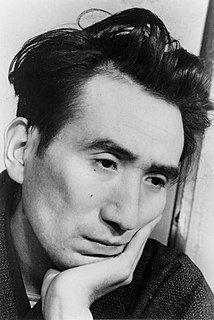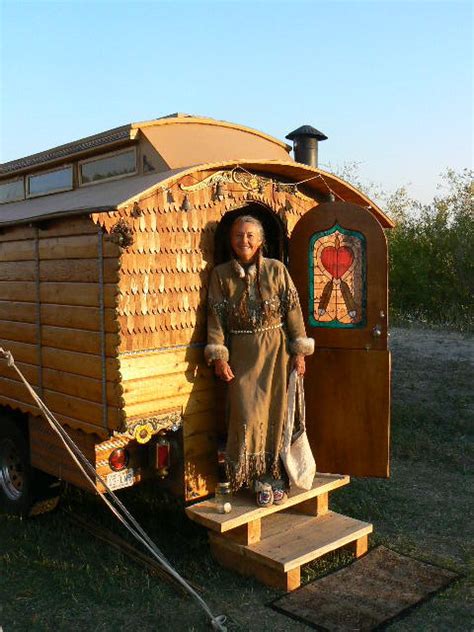A Quote by Gene Baur
Humans and other animals experience love and fear, and form deep emotional bonds with cherished companions. We mourn when a close friend dies, and so do other animals, as Barbara King's poignant book illustrates in compelling detail. How Animals Grieve helps us to connect and to better understand the complex social lives of other animals and of ourselves.
Related Quotes
Humans — who enslave, castrate, experiment on, and fillet other animals — have had an understandable penchant for pretending animals do not feel pain. A sharp distinction between humans and 'animals' is essential if we are to bend them to our will, make them work for us, wear them, eat them — without any disquieting tinges of guilt or regret. It is unseemly of us, who often behave so unfeelingly toward other animals, to contend that only humans can suffer. The behavior of other animals renders such pretensions specious. They are just too much like us.
When humans act like animals, they become the most dangerous of animals to themselves and other humans, and this is because of another critical difference between humans and animals: Whereas animals are usually restrained by the limits of physical appetites, humans have mental appetites that can be far more gross and capacious than physical ones. Only humans squander and hoard, murder and pillage because of notions.
It has been an obsession of human beings to create a hierarchy that places the human species on top and lumps all the "other animals" together beneath us. The resulting "speciesism" allows us to look upon animals as less deserving of all manner of rights and considerations than humans. To support this lower status, humans have argued that animals act instinctually; don't have souls; don't feel physical pain like we do; and lack self-consciousness, cognitive intelligence, emotional feelings, morality, and ethics.
Mother, recently I have discovered the one way in which human beings differ completely from other animals. Man has, I know, language, knowledge, principles, and social order, but don't all the other animals have them too, granted the difference of degree? Perhaps the animals even have religions. Man boasts of being the lord of all creation, but it would seem as if essentially he does not differ in the least from other animals. But, Mother, there was one way I thought of. Perhaps you won't understand. It's a faculty absolutely unique to man - having secrets. Can you see what I mean?
Animals love. They love their being. They strive to survive, to celebrate, to propagate . So certainly something we learn from animals is love. To survive and to celebrate, propagate and to love life. To be the best we can be - the right to be here and the responsibility to be the best dog or bear or horse that they can be. Humans have the tendency to self pity that other animals don't indulge in.
So far as this argument is concerned nonhuman animals and infants and retarded humans are in the same category; and if we use this argument to justify experiments on nonhuman animals we have to ask ourselves whether we are also prepared to allow experiments on human infants and retarded adults; and if we make a distinction between animals and these humans, on what basis can we do it, other than a bare-faced - and morally indefensible - preference for members of our own species?
My relationship with God developed at an early age. I was raised on a remote little ranch, where I had for company and for the fullness of my life three other humans and an enormous amount of animals and land and sky and wind. As a child, my experience of God included everything-a love of the whole beauty around me. And the country was so beautiful: mountains that ended in aspen groves and streams, thick with wild animals and game of all kinds. One time I said to my mother, "You know, I think heaven is just like this, only the animals would speak to us; they wouldn't be afraid of us."
On love, not harming others, and respecting all beings. Even animals have these elements in their behavioral patterns. We should start by observing how animals act. They are honest and appreciate it when we are honest with them. If you present something nice to an animal in one hand while hiding a rope in the other, the creature will know your intention. Yet animals have no religion, no constitution. Basic nature has endowed them with the faculty of discernment. It is the same for humans.
Some meat eaters defend meat eating by pointing out that it is natural: in the wild, animals eat one another. The animals that end up on our breakfast, lunch, and dinner plates, however, aren't those who normally eat other animals. The animals we exploit for food are not the lions and tigers and bears of the world. For the most part, we eat the gentle vegan animals. However, on today's farms, we actually force them to become meat eaters by making them eat feed containing the rendered remains of other animals, which they would never eat in the wild.



































